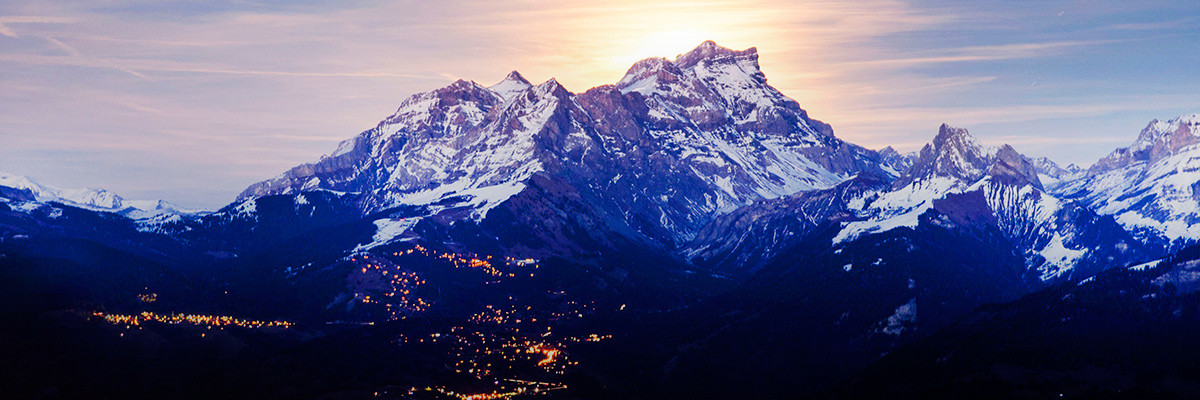
The beautiful scenery on the train to Zurich, and then on to Davos-Klosters, offers time for reflection before arriving in the maelstrom that is the World Economic Forum’s annual meeting in the Alps. It is easy to conclude from the placid landscape that all is right with the world.
The theme of this year’s Davos is “Mastering the Fourth Industrial Revolution,” referring to the changes wrought by robotics, artificial intelligence, distributed manufacturing, and the internet of things. This topic inspires a deeply polarized reaction. Some, including Stephen Hawking, warn against the imminent demise of humanity, while World Economic Forum Executive Chairman Klaus Schwab asks what it will take to infuse humanity into this machine age. Both perspectives are crucial.
This duality is reflected through the topics that will define Davos. I’ll join the civil society dinner tomorrow night, reflecting on a time when NGOs are being sharply restricted by governments from China to India to Russia, but also a time when empowered individuals can organize, connect, and influence governments directly as never before.
I’ll also be participating in several sessions on climate, which has moved from the margins to the mainstream since I first attended Davos a decade ago. The stark reality of climate change is indeed present on the relatively barren ski slopes here, but the seriousness of purpose is also much clearer than it has ever been. Davos is the first large global gathering since the triumph at COP21, and there will be a great deal of planning here about how to translate the promise of that agreement into reality, and keep the momentum growing.
On economic development, the picture is similar. There is great angst in the West, with the siren call of nationalist solutions rising in the United States and Europe, a massive refugee crisis in Europe, signs of a slowdown in China, and a declining economy in Brazil. That picture as well is overly simplistic: there is substantial progress being made on poverty reduction, public health, and the reduction of conflict worldwide. At the same time, the global commitment to the Sustainable Development Goals provides a roadmap for even greater progress, and Davos presents a time for governments and business to redouble their commitments to make the SDGs a reality. As with climate, Davos is a platform on which 2015 commitments can be reinforced by 2016 momentum.
The picturesque view from the train should serve to inspire, rather than lull us to sleep. The prosperity and natural beauty that this part of Europe offers is precisely what we are fighting to preserve—and extend to those who have been excluded from it. Davos is often dismissed by those who see it as nothing but a self-congratulatory retreat for the global elite. For some who come here, that is absolutely fair and accurate. For many, though, these packed days are all about realigning the world’s priorities toward a just and sustainable world. And for those of us with that agenda, this is a great opportunity to redefine progress for the machine age.
Let’s talk about how BSR can help you to transform your business and achieve your sustainability goals.
